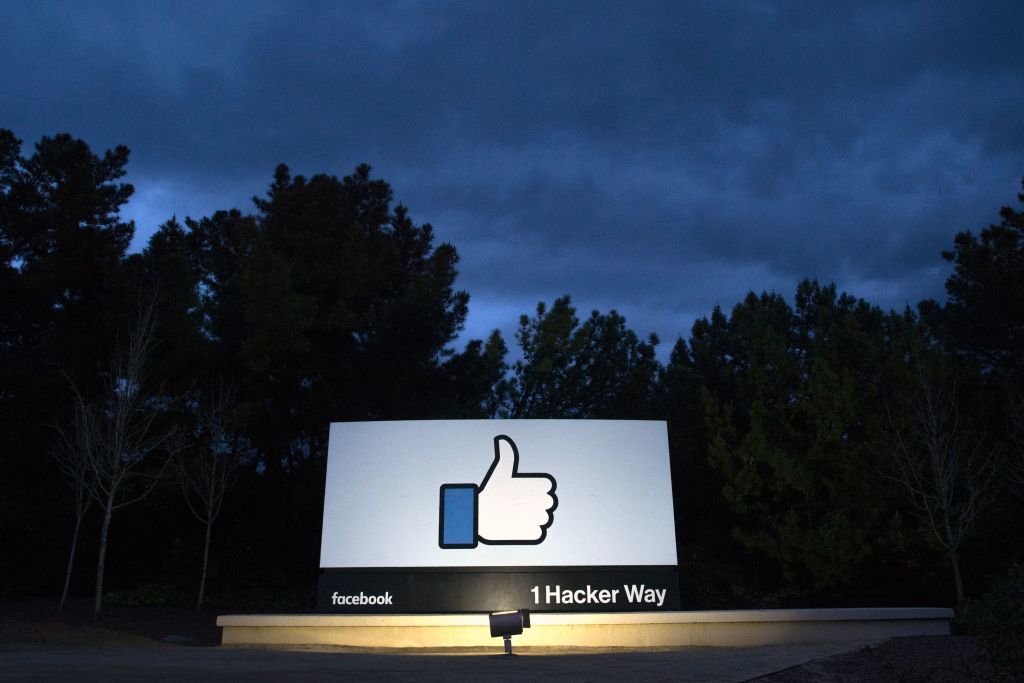
To mitigate the spread of vaccine misinformation on its platform, Facebook is collaborating with a number of established health organizations to identify and verify factually accurate vaccine-related content. The decision comes after health experts urged the social network to take action against anti-vaccine groups spreading misinformation with no method to counteract its dissemination.
In its announcement of its new stance toward vaccine misinformation, Facebook said it is working with prominent global health organizations like the World Health Organization and the U.S. Centers for Disease Control and Prevention, which have identified vaccine hoaxes that have been publicly proven as false. “If these vaccine hoaxes appear on Facebook, we will take action against them,” Facebook said in its statement.
Facebook’s new policy will reduce the reach of pages posting vaccine misinformation, ensuring that fewer people encounter the false information. “For example, if a group or Page admin posts this vaccine misinformation, we will exclude the entire group or Page from recommendations, reduce these groups and Pages’ distribution in News Feed and Search, and reject ads with this misinformation.” The company is also working on providing “additional context” related to vaccines when users decide to search, visit pages, or join groups related to vaccines.
In addition, vaccine misinformation on Instagram will no longer be shown or recommended on hashtag pages or Instagram Explore.
Since Facebook groups can work as invite-only pages, entry to various anti-vaccination groups requires an invitation from someone who is already a member. With such a biased vetting process, combined with the inability for opponents to insert themselves into a group’s conversations, groups like Vaccine Truth Movement — a closed group with over 18,000 members — are able to spread falsehoods about the effects of vaccination with little pushback.
Facebook was dragged into the spotlight most recently on Tuesday, when teenager Ethan Lindenberger testified before Congress, explaining his decision to vaccinate himself against his mother’s wishes. Lindenberger said his mother often cited unreliable sources primarily through Facebook. “For certain individuals and organizations that spread this misinformation, they instill fear into the public for their own gain selfishly, and do so knowing that their information is incorrect,” Lindenberger said.
More Must-Reads from TIME
- Your Vote Is Safe
- The Best Inventions of 2024
- How the Electoral College Actually Works
- Robert Zemeckis Just Wants to Move You
- Column: Fear and Hoping in Ohio
- How to Break 8 Toxic Communication Habits
- Why Vinegar Is So Good for You
- Meet TIME's Newest Class of Next Generation Leaders
Write to Patrick Lucas Austin at patrick.austin@time.com